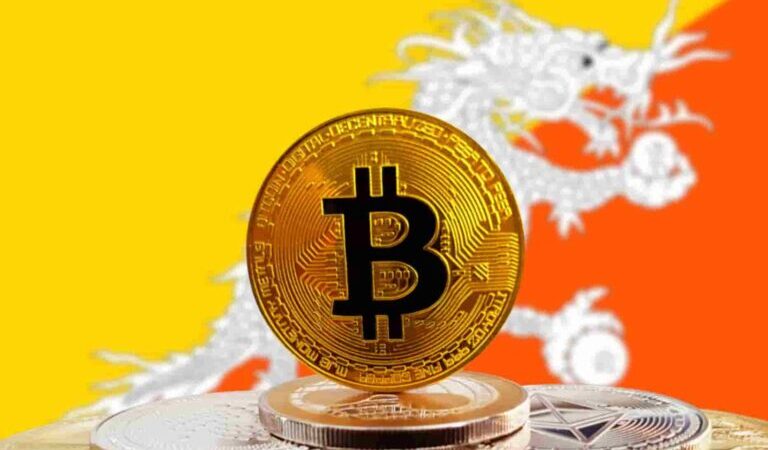Bitcoin Beats Apple Pay and Google Pay with Faster and Direct Payments
- Bitcoin removes middlemen, offering faster and smoother payments compared to traditional systems like Apple Pay and Google Pay.
- Unlike traditional payments, Bitcoin ensures privacy and security by avoiding banks and centralized servers in transactions.
- Direct wallet-to-wallet transfers make Bitcoin a cost-effective and reliable solution for fast global payments.
Bitcoin’s direct wallet-to-wallet payment process eliminates intermediaries, providing a faster, secure, and efficient alternative to traditional payment methods. Apple Pay and Google Pay involve complex layers, including chips, servers, and banks, which increase processing steps and dependency on middlemen. Bitcoin, in contrast, streamlines transactions into a single step, ensuring unmatched efficiency.
This is how #bitcoin stands above compared to others. This image clearly illustrates the differences between #ApplePay, #GooglePay, and #Bitcoin.
Now the best part to Notice is, how #Btc transactions are straightforward and efficient, cutting out the middlemen.#crypto… pic.twitter.com/oKyKrjEw86
— Crypto Patel (@CryptoPatel) January 13, 2025
Apple Pay: A Complex, Intermediary-Driven System
Apple Pay transactions involve several steps. Users first input credit card details stored on the device’s chip. This information is converted into a Device Account Number (DAN) for security.
The DAN is sent to an e-commerce server for authorization for each transaction, which connects to the bank. This multi-layered system ensures security but adds processing time and dependency on banks and servers.
Besides these steps, credit card information passes through multiple entities, increasing vulnerability. Each intermediary also adds costs, which are eventually passed to the user.
Google Pay: Adding Another Layer of Intermediaries
Google Pay follows a similar but slightly different flow. Credit card details are first transferred to Google servers, generating a payment token.
This token moves to the e-commerce server and finally reaches the bank for transaction approval. Like Apple Pay, this system depends on external entities.
Additionally, the multi-step process involves storage of sensitive user data on centralized servers, raising concerns about privacy and control. As a result, users are exposed to potential server vulnerabilities or breaches.
Bitcoin: A Direct, One-Step Payment Solution
Bitcoin operates without intermediaries, offering a direct wallet-to-wallet payment system. Unlike Apple Pay and Google Pay, no third-party servers or banks are required.
Transactions involve the sender transferring Bitcoin directly to the recipient. This eliminates delays, cuts costs, and enhances privacy. Moreover, Bitcoin’s decentralized system ensures no single point of failure, reducing potential vulnerabilities. Besides, its transparent blockchain provides a secure, efficient alternative to traditional methods.
Bitcoin’s streamlined process raises critical questions about the necessity of middlemen in payments. Meanwhile, traditional methods continue to rely on banks and centralized servers, limiting speed and efficiency.



